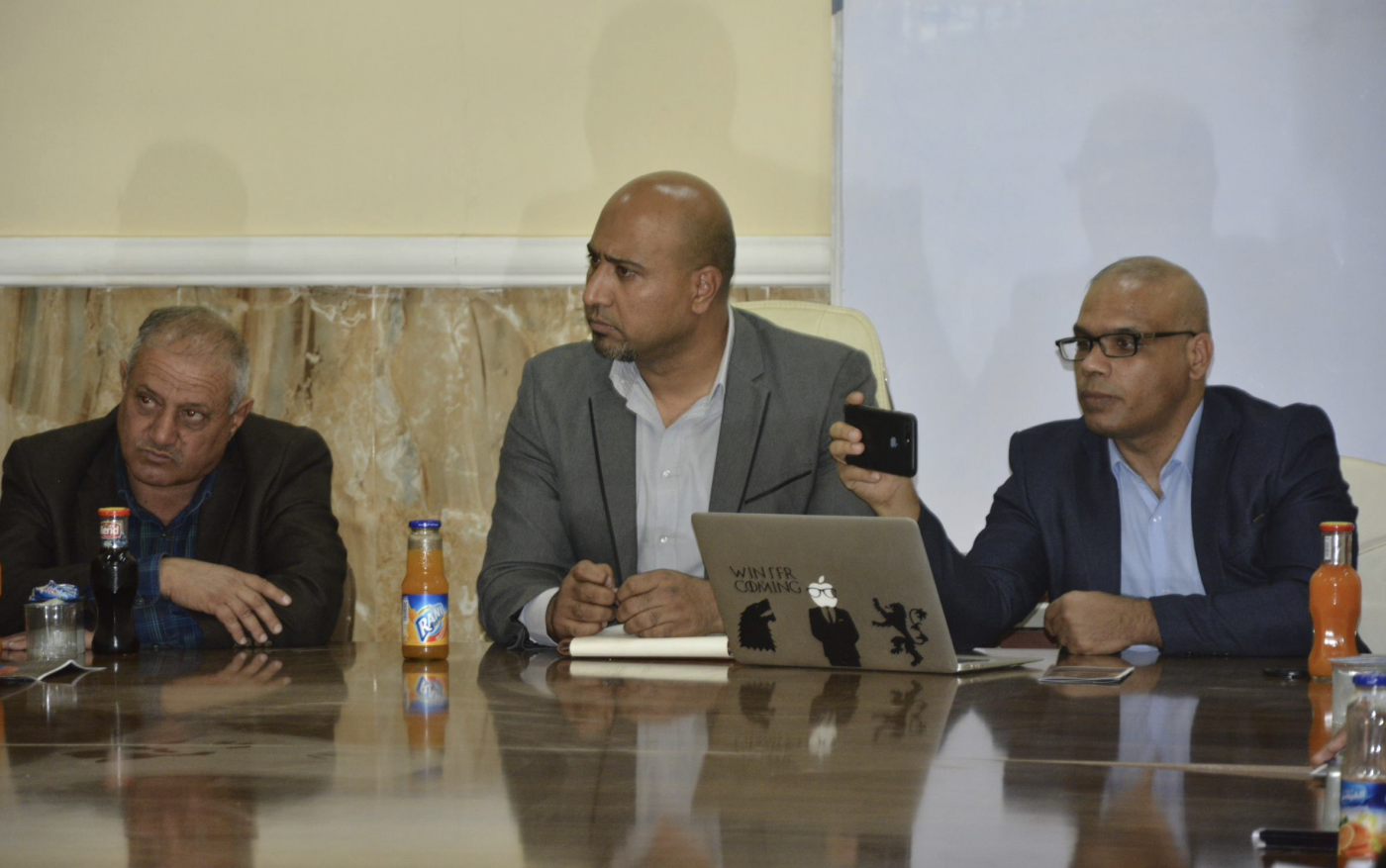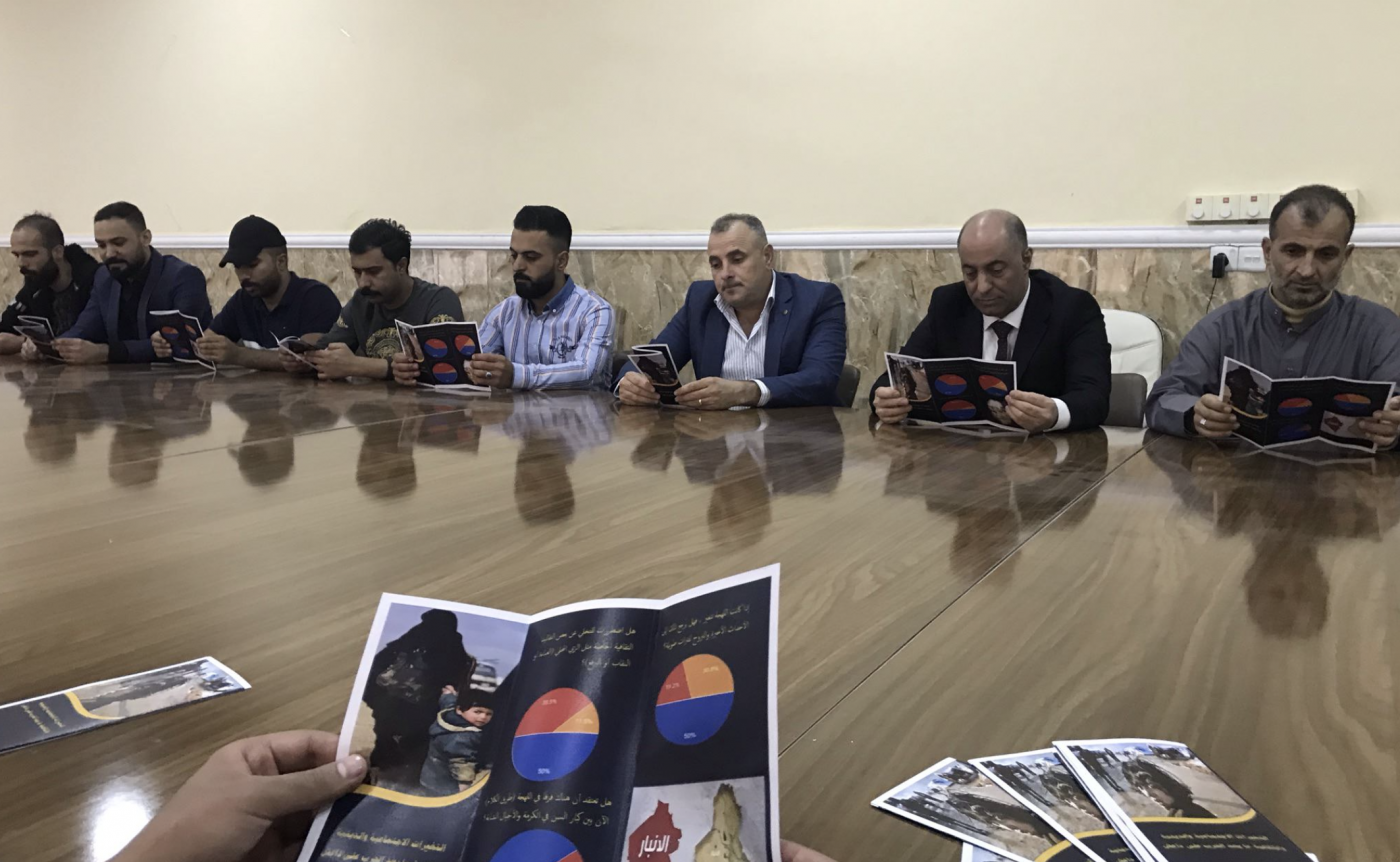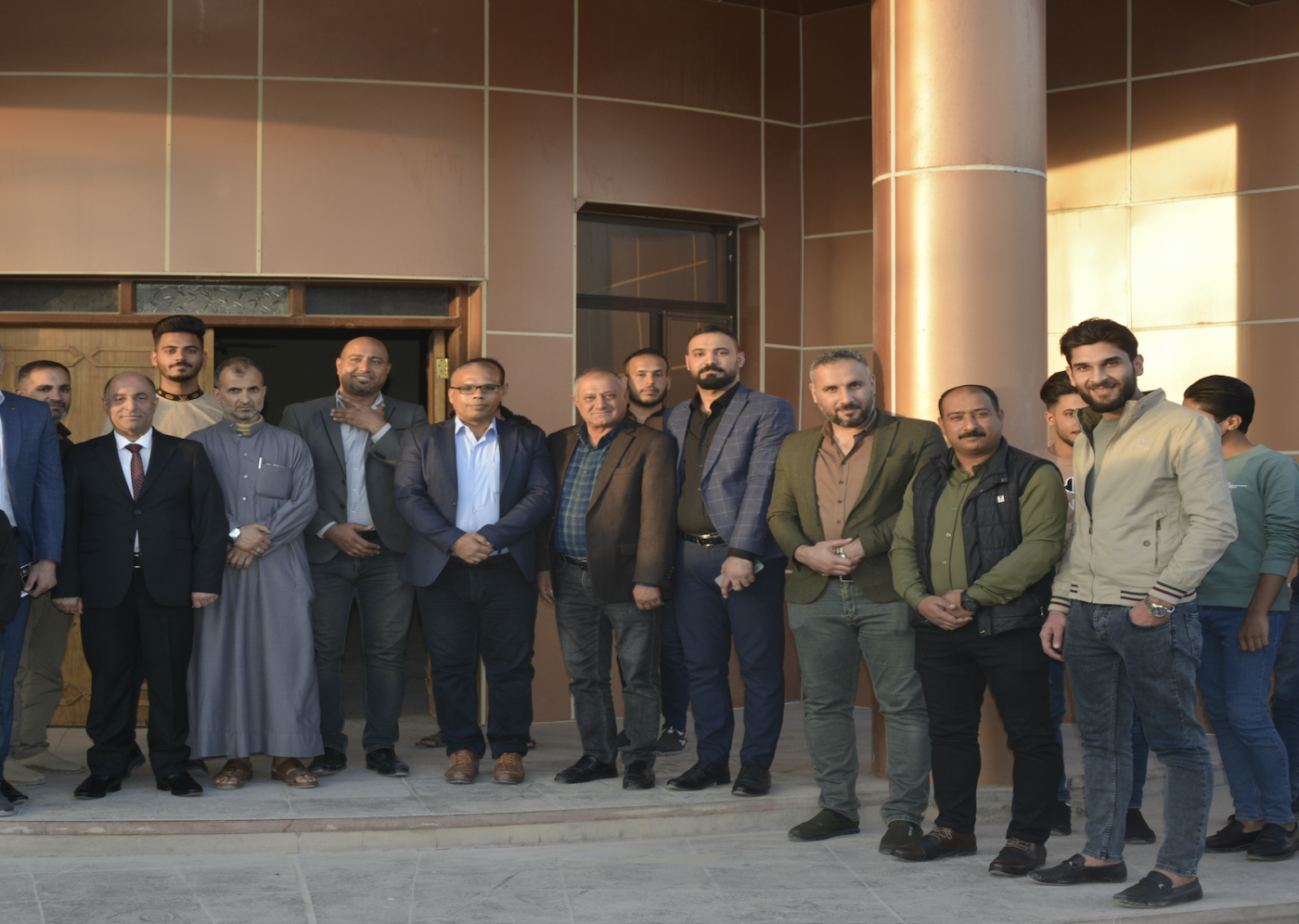Closely situated to the capital Baghdad, Karma has been a hotspot of wars and conflicts since the beginning of the US-invasion 2003 until the ISIS crisis in 2016. The city witnessed several waves of displacements and migration:
During the ensuing displacement, people of Karma were exposed to different languages and cultures. This mixture is believed to have had its effect on the inherited traditions of the people of Karma and their cultural identity too.
However, much of the above remains unstudied as we have little empirical information on if, how and when the emerging realities taking shape in some of those crisis-hit areas such as Karma.
This research project worked on addressing the following questions:
How have the identity and the cultural heritage in Karma been affected/changed in the wake of the conflicts it has seen?
How the identities of residents of post-conflict areas were constructed ?
How is the change manifested in terms of language use and social manifestations?
This project tracked changes that the people of Karma experienced in terms of social and language practices. It also seeks to discern the reasons behind these changes and why others have stood to the heritage of their ancestors.
This project examined how these changes have impacted the social and cultural fabric of the people of Karma, whether negatively or positively.
Research Design and Methodology
The team interviewed 40 people equally divided by two age cohorts (young and old) as well as by gender (males and females). These informants were asked a number of questions that elicited responses regarding the research aims and related questions. The interviews were conducted by two teams. A team led a member of the project team who interviewed men of both age cohorts (young and old).The other team was led by a female external researcher recruited to conduct interviews with female participants. A questionnaire was also designed and distributed to the informants. This consisted of a set of questions focused on the main topics of the project such as religion, language, customs and traditions, weddings and others.
Research Outputs
Results of our research show that while respondents were largely in favour of their traditional dialect expressing their positive attitude towards it, there is a generational difference (between old and young generations,) in the use of dialect in Karma.
Results also found that religious practices, tribal duties and commitments have seen some change as these are no longer being practiced as vigorously as ever. Respondents have mentioned a number of stigma constructs (e.g., attitudes, stereotypes, and discrimination) which intensified in the aftermath of Daesh crisis as lying behind more muted religious practices. However, these fundamental aspects of the city appear to still be maintained albeit less frequently than before.
A fundamental change, as the results show, appears to be occurring in the way traditional wedding practices are performed in Karma with respondents almost categorically stated that these practices have changed drastically in the city. We can also notice a change in traditional costume mostly led by women in both age cohorts, young and old.
The results indicate that while Karma people are holding on to their identity and heritage in terms of religious and tribal traditions, some aspects are on the wane in Karma which can be attributed to the events unfolded in the city during and in the aftermath of Isis crisis over the last few years. These have had harmful effects such as label avoidance, public stigma that were reflected on the locals practicing their long-held traditions.
The team held several seminars and roundtable including:
Online seminar titled: Displacement Repercussions on Langauge Practices in War-torn Areas
Online roundtable titled Post-ISIS Identity (Re)construction in the War- torn Areas: Karma as a Case Study, where Karma Mayor, head of Anbar SBAH, dialect specialists and other members of the community attended.



 Close
Close

